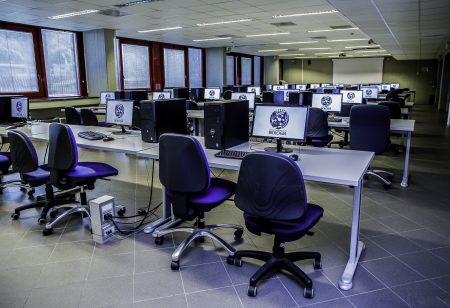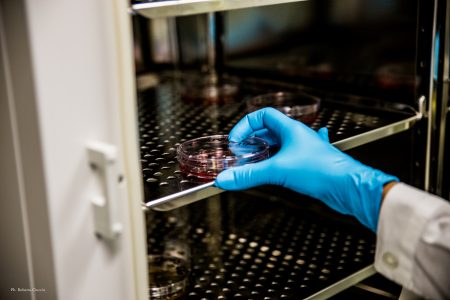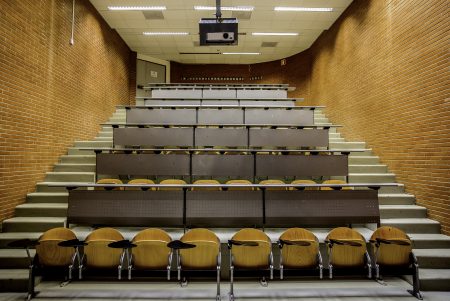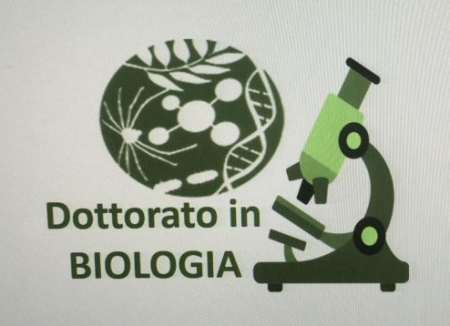- Home
- Phd courses
- Phd in biology
- Organization of the phd



The Department of Biology offers PhD positions for three years. Every year the Department advertises student bursaries for both Italians who have graduated with Master degrees or non-Italians with equivalent qualifications from abroad.
The daily research and teaching activities of the student is supported by the PhD supervisor assigned by the Doctoral College. An annual report will be submitted to the Doctoral College to ensure adequate progress towards the final thesis. At the end of the third year, the results will be presented in a thesis which will be discussed in public forum with a commission of experts on the subject.
The main aim of the PhD course in Biology is to make future PhDs acquire systemic skills ranging from the population level to the organismal, cellular, molecular, physiological and pathological level.
The Doctorate is proposed to all graduates (MS) in the courses of Biology, Natural Sciences, Biotechnology, but also of Agriculture, Veterinary and Medicine, in order to integrate the most varied knowledge in the scientific field on topics of biological interest ranging from the treatment of tumors and of infectious diseases, the issues of one health and human nutrition, up to sustainable agriculture, environmental issues and climate change.
This range of themes allows future PhDs to be able to frame a biological process in all its aspects. The wide spectrum of skills present in the teaching staff supports the doctoral students through a network of tutors and possibly supports co-tutors to fully support the research activity of the doctoral students.
An adequate and agile training course has been structured for doctoral students, with specific courses held by highly qualified teachers both within the University and by experts from research institutions, industries and SMEs.
The flexibility of the educational path aims to offer learners the opportunity to learn the most advanced theoretical knowledge and modern application techniques to acquire the adequate skills and carry out their research and / or work profitably. PhD students can therefore design their own training course based on their cultural and research needs among the numerous courses offered by the Doctorate in Biology.
Doctoral students are required to attend the courses provided by the doctorate for a total of 8 CFU (64 hours of lectures) in the three years, and at least 24 overall seminars in the three-year period (corresponding to 48h – 3 CFU), both among those taking place at the department of biology, both at other national and international research institutions.
The Doctorate in Biology also makes available, through the University Language Center, free language courses – up to advanced levels – in English, French, German and Spanish.
Students of Biology are provided the opportunity to conduct their research within the department by taking advantage of the equipment and technologies available; for example, LAMBA – for biomolecular measurements and LAMMEC – for electronic and confocal microscopy. The department also has animal housing and plant cultivation rooms that students can access according to their research project. The department has active collaboration with various national and international associated research bodies. In addition to research activities, PhD students will have an interdisciplinary preparation activity with departmental, school, and university courses.
Coherence to National Recovery and Resilience Plan (PNRR) targets
The Doctorate in Biology has been developing themes for years that involve many important points identified in the National Recovery and Resilience Plan (PNRR). At this regard, it is worth remembering that the Department of Biology, where the PhD is based, is involved in several National Centers (CN) and Extended Partnerships (PE) of the PNRR. Therefore, the Doctorate in Biology aims to develop the PNRR themes both through doctoral scholarships that are awarded to CNs and PEs, but also by promoting research on PNRR topics not fully covered or basic research to support the research topics of the PNRR.

